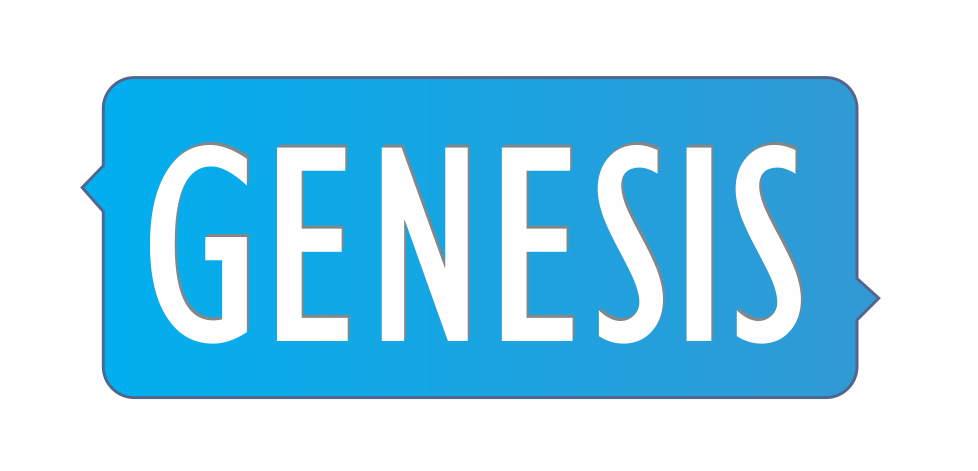MDM: Governing Evolution in Big Data Ecosystems
On-demand integration of multiple data sources is a critical requirement in many Big Data settings. This has been coined as the data variety challenge, which refers to the complexity of dealing with an heterogeneous set of data sources to enable their integrated analysis. In Big Data settings, data sources are commonly represented by external REST APIs, which provide data in their original format and continously apply changes in their structure (i.e., schema). Thus, data analysts face the challenge to integrate such multiple sources, and then continuosly adapt their analytical processes to changes in the schema. To address this challenges we present the Metadata Management System, shortly MDM, a tool that supports data stewards and analysts to manage the integration and analysis of multiple heterogeneous sources under schema evolution. MDM adopts a vocabulary-based integration-oriented ontology to conceptualize the domain of interest and relies on local-as-view mappings to link it with the sources. MDM provides user-friendly mechanisms to manage the ontology and mappings. Finally, a query rewriting algorithm ensures that queries posed to the ontology are correctly resolved to the sources in the presence of multiple schema versions, a transparent process to data analysts.
People
Software
Sources
All sources are available in the following Github pageOnline version
An online version of MDM is available as a service via the following link. You can interact with the demo (see next section), using the credentials (username: demo, password: demo).Demonstration
European Football motivational scenario
Data have been extracted and compiled from the following Github repository
Players Teams Leagues CountriesSUPERSEDE scenario (TBA)
Feedback MonitoringPublications
- Sergi Nadal, Oscar Romero, Alberto Abelló, Panos Vassiliadis, & Stijn Vansummeren (2017). An Integration-Oriented Ontology to Govern Evolution in Big Data Ecosystems. In Nineteenth International Workshop On Design, Optimization, Languages and Analytical Processing of Big Data (DOLAP).
- Sergi Nadal, Oscar Romero, Alberto Abelló, Panos Vassiliadis, & Stijn Vansummeren (2018). An Integration-Oriented Ontology to Govern Evolution in Big Data Ecosystems. In Information Systems.
- Sergi Nadal, Alberto Abelló (2018). Integration-Oriented Ontology. In Encyclopedia of Big Data Technologies.
- Sergi Nadal, Alberto Abelló, Oscar Romero, Stijn Vansummeren, Panos Vassiliadis (2018). MDM: Governing Evolution in Big Data Ecosystems. In 21st International Conference on Extending Database Technology (EDBT) (to appear).
Acknowledgements
This work is partly supported by the H2020 SUPERSEDE project, funded by the EU Information and Communication Technologies Programme under grant agreement no 644018, and the GENESIS project, funded by the Spanish Ministerio de Ciencia e Innovación under project TIN2016-79269-R.

Last update: 2018/02/22




